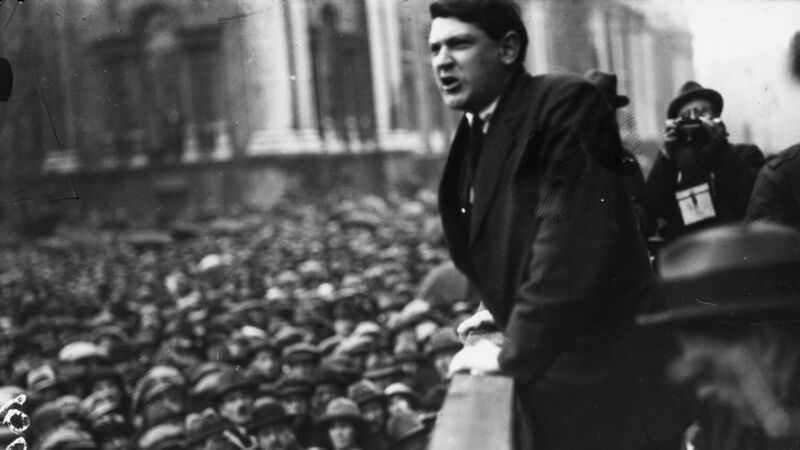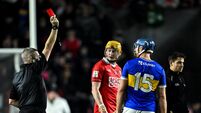Mick Clifford: Collins and Griffith legacies inadequately commemorated

In the years after his death, there were small commemorations for Collins at Béal na Bláth. During the 1930s, the occasion was marred by the appearance of Eoin O’Duffy’s Blueshirts and clashes with those who opposed the fascist outfit. Photo: Independent News And Media/Getty Images












